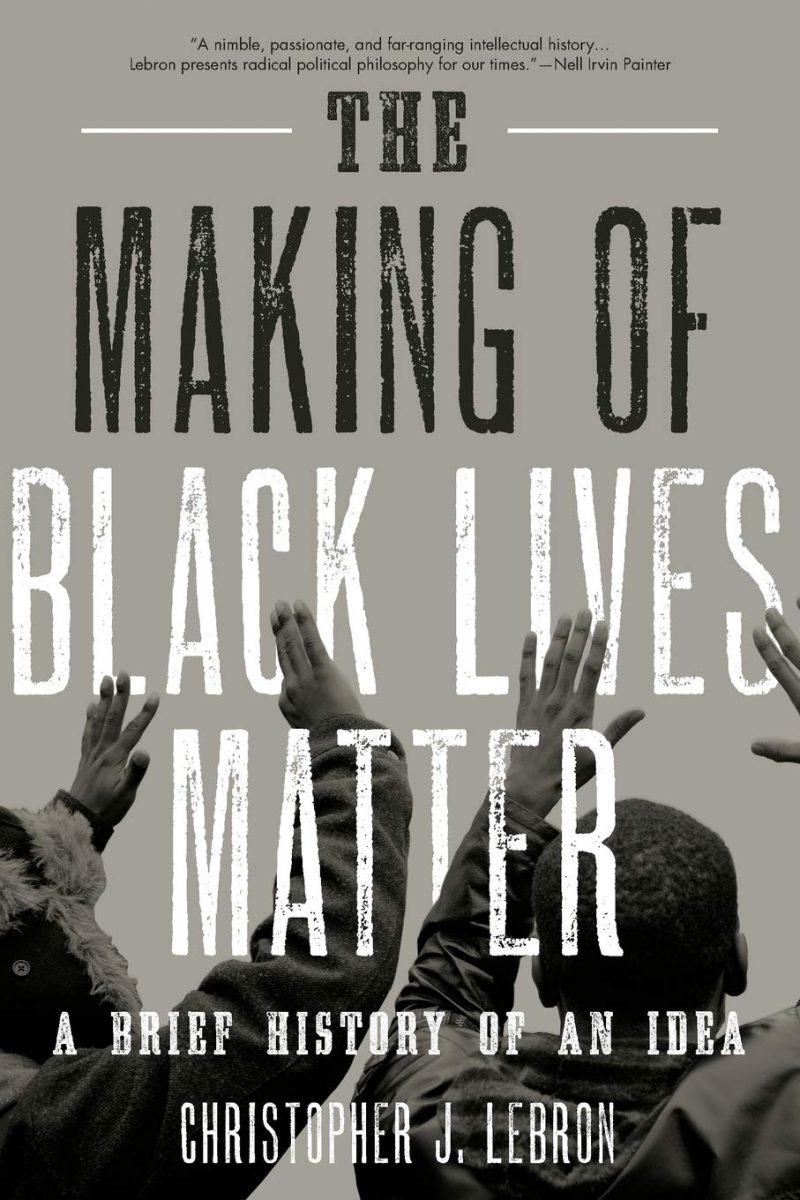“You should read …
N.K. Jemisin’s The Fifth Season. To identify this book as “fantasy” or “post-apocalyptic,” while accurate, would also be wholly inadequate. At its core, The Fifth Season is a novel about power, oppression, and the costs—physical, emotional, and psychological—of living in a world that denies your humanity so thoroughly that you cannot even recognize it in yourself.
In brief, the story involves a tectonically unstable world in which one small group of people possess the power to sense and control these tectonic shifts. When a massive earthquake shakes this fragile land, it initiates a “fifth season” of ash and death, forcing characters to make difficult choices about how to survive. This summary makes the novel seem primarily environmental in its concerns, but Jemisin is after more than a warning about the dangers of massive ecosystem collapse. At its core, The Fifth Season is a study of fear as a method of social control, determining who is “us” and who is “other,” who is a person and who is merely a tool. Jemisin’s nuanced world-building is designed not to impress with its innovation, but rather to bring us into a deeper understanding of how histories are forgotten and rewritten over time and how caste systems are built over generations. Like all good fantasy, the allegory of own world is clear, but at the same time the fictional world offers us the opportunity to explore with new eyes, exposing our own biases and assumptions. Jemisin draws us into her characters with remarkable skill, vividly evoking the difficulties of loving and trusting when your life is marked by fear and abuse. In the end, we must ask which poses a greater threat to these characters’ survival: the land itself, unstable and deadly, or a society that asks nothing less than the sacrifice of our own humanity. ”

-Lindsay Cummings
Assistant Professor of Dramatic Arts
CRT Dramaturg
University of Connecticut



 “‘What you should read, see, and hear?’ You should read The Making of Black Lives Matter: A Brief History of an Idea (Oxford University Press, 2017) by political theorist, Christopher J. Lebron, because he reminds us that the philosophical underpinnings of the #BlackLivesMatter movement predate the contemporary movement. Analyzing the treatment of “Black” people over time, Lebron submits a historical framing of Black political thinkers’, activists,’ and letterpersons’ understandings about Black people’s rights (and the lack, thereof) in American society. This treatment, Lebron notes, prompted Black Americans’ rhetorical, oratorical, lettered, and physical activism to articulate and assert Black people’s equal humanity, rights, and protection in different eras of American political history. Thus, Lebron outlines the tradition of Black resistance oriented in the long-standing Black freedom struggle to contest racial discrimination and systemic inequality in various forms (in addition to contemporary struggles against police brutality). Lebron elucidates this longitudinal activism by examining political thought and expressions of Black men and women, such as Frederick Douglass, Ida B. Wells, Audre Lorde, Anna Julia Cooper, Langston Hughes, James Baldwin, and Dr. Martin Luther King, Jr., who establish foundational arguments about Black Americans’ humanity, (in)justice, and liberation for various iterations of “Black,” intersectional identities (class, gender, sexuality, and ethnicity, for example).”
“‘What you should read, see, and hear?’ You should read The Making of Black Lives Matter: A Brief History of an Idea (Oxford University Press, 2017) by political theorist, Christopher J. Lebron, because he reminds us that the philosophical underpinnings of the #BlackLivesMatter movement predate the contemporary movement. Analyzing the treatment of “Black” people over time, Lebron submits a historical framing of Black political thinkers’, activists,’ and letterpersons’ understandings about Black people’s rights (and the lack, thereof) in American society. This treatment, Lebron notes, prompted Black Americans’ rhetorical, oratorical, lettered, and physical activism to articulate and assert Black people’s equal humanity, rights, and protection in different eras of American political history. Thus, Lebron outlines the tradition of Black resistance oriented in the long-standing Black freedom struggle to contest racial discrimination and systemic inequality in various forms (in addition to contemporary struggles against police brutality). Lebron elucidates this longitudinal activism by examining political thought and expressions of Black men and women, such as Frederick Douglass, Ida B. Wells, Audre Lorde, Anna Julia Cooper, Langston Hughes, James Baldwin, and Dr. Martin Luther King, Jr., who establish foundational arguments about Black Americans’ humanity, (in)justice, and liberation for various iterations of “Black,” intersectional identities (class, gender, sexuality, and ethnicity, for example).”
